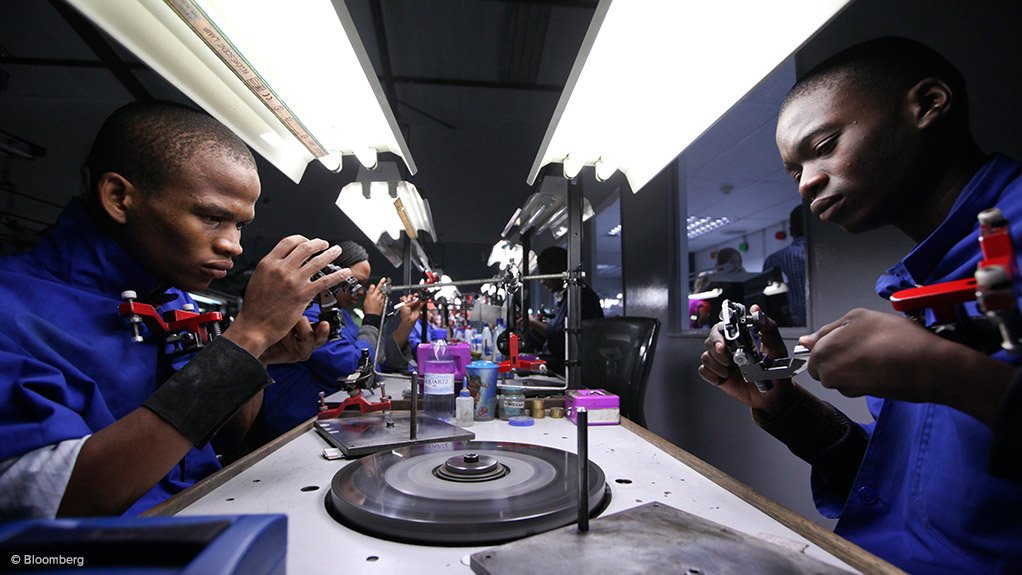The Parliamentary Portfolio Committee on Trade and Industry will this week hold a three-day colloquium on beneficiation aimed at identifying the blockages preventing value addition in South Africa and recommending proposals to directly address these impediments.
The colloquium formed part of the committee’s ongoing oversight over the implementation of the latest Industrial Policy Action Plan (Ipap), which started in the fourth democratic Parliament.
In a media statement, the committee said it believed import parity pricing and high administered prices were constraining the development of the manufacturing sector in South Africa.
Other constraints to beneficiation included the reliability and affordability of energy supply, the availability of technology, skill shortages and transport costs that had incentivised the export of raw materials.
“Currently, South Africa’s largest exports are raw mineral resources, yet the country imports processed or finished goods manufactured [using] these very same resources at substantially higher prices,” the committee stressed.
“It is critical that we move up the value chain and add value to the country’s mineral and natural resources. This is a key driver of industrialisation,” committee chairperson Joanmariae Fubbs said, adding that the colloquium discussion was intended to lead to possible solutions, such as the application of licensing conditions, to address the identified constraints.
Parliament pointed out that in the 2014/15 financial year, the Department of Trade and Industry intended to focus on the iron-ore/steel, polymers and titanium value chains in terms of beneficiation.
“The Ipap also highlights the development of the agroprocessing, biofuels, aquaculture, forestry, timber, paper, pulp and furniture industries [with regard to] beneficiation,” Parliament added.
EMAIL THIS ARTICLE SAVE THIS ARTICLE
To subscribe email subscriptions@creamermedia.co.za or click here
To advertise email advertising@creamermedia.co.za or click here











